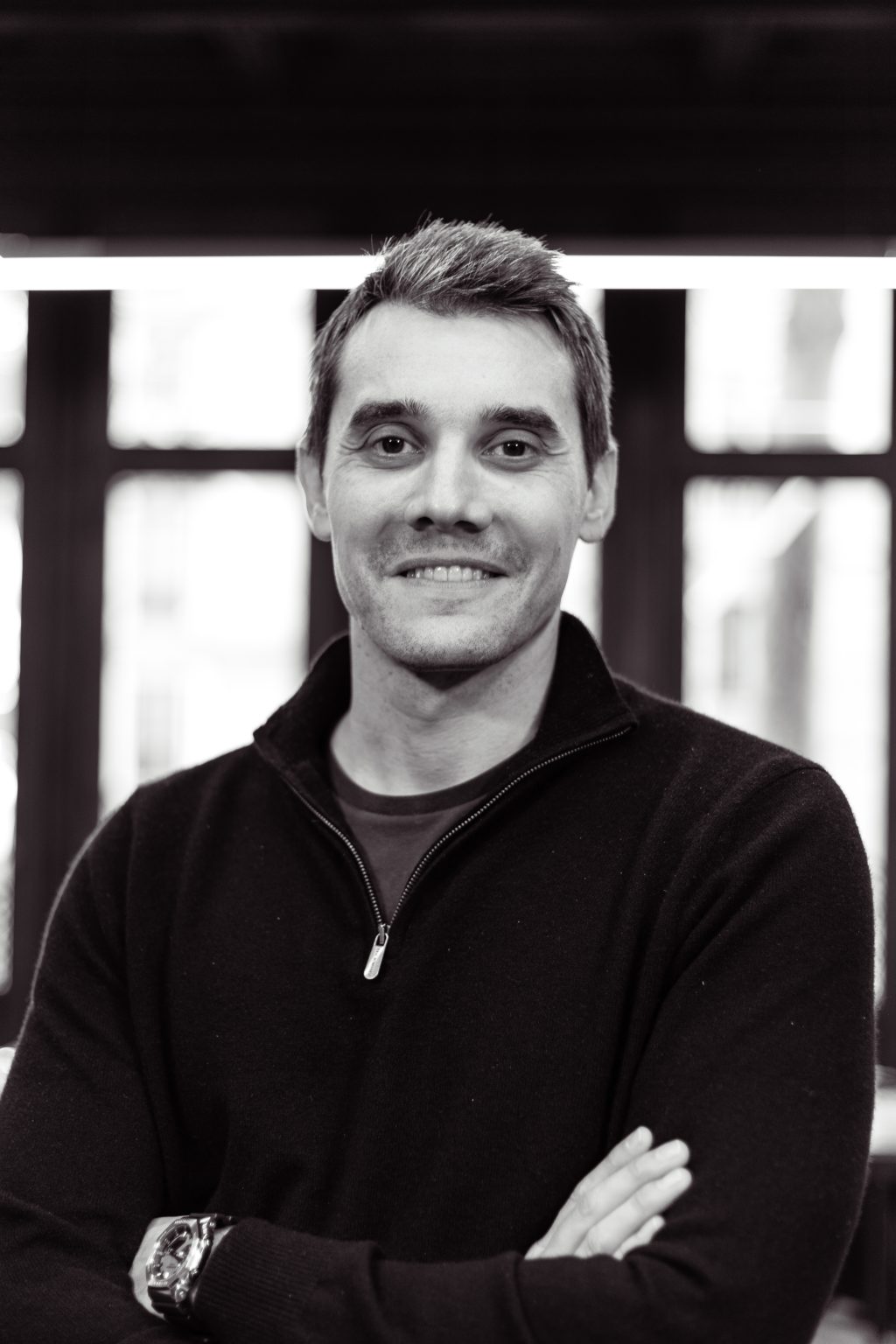Alain TURC Senior Adviser, Confrontations Europe [vc_btn title= »Download the article » style= »outline » color= »blue » align= »right » i_icon_fontawesome= »fa fa-file-pdf-o » add_icon= »true » link= »url:http%3A%2F%2Fprod.confrontations.org%2Fwp-content%2Fuploads%2F2016%2F03%2FRevue-107-Public-private-partnerships-to-develop-key-technologies-p12-13.pdf||target:%20_blank »] The delay of Europe regarding nanoelectronics is worrying. In response, the EU created ENIAC and ECSL(1), public-private partnerships (PPP) which contribute to merge all efforts and capacities into projects of European interest. Using nanotechnologies to produce smaller and more powerful electronic components (chips) represents a strategic challenge in all domains: telecommunications and telephony market, electronic payment, networks management, industrial process, transports, defence, space, etc. The international competition is intense and nowadays dominated by few large groups, the investment and the innovation being drawn by Intel (USA), Samsung (South Korea) and NTC (Taiwan). The nanoelectronics firms based in Europe, which represented 10,2% of the worldwide market shares in 2001, receded to 5,7% in 2012. This decrease that begun before the crisis is now moving Europe away from the critical mass needed for research-innovation and
Ce contenu est réservé aux abonné(e)s. Vous souhaitez vous abonner ? Merci de cliquer sur le lien ci-après -> S'abonner












